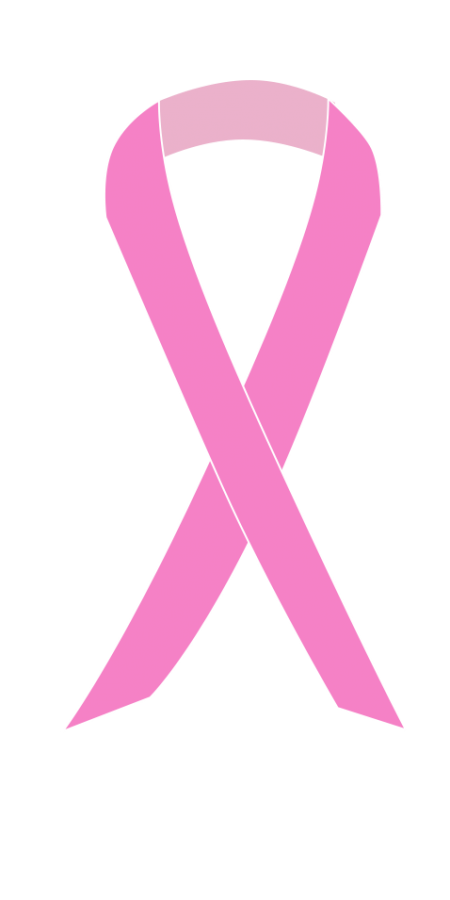Navigating Life with Breast Cancer: Understanding the Question of “Why Me?”

Living with Breast Cancer: A Personal Journey of Resilience and Hope
Breast cancer is a term that resonates with countless women and their families across the globe, marking an unfortunate reality—statistics show that 1 in 8 women will be diagnosed with this disease at some point in their lives. Traditionally, the advice was for women to begin regular screenings at age 40. However, alarming trends reveal that an increasing number of younger women are now falling victim to this diagnosis, causing concern within the medical community. The incidence of breast cancer among women in their early 30s has reportedly tripled, raising the question of what exactly is causing this substantial rise.
It’s alarming to note that certain demographics, particularly Hispanic and African American communities, experience higher rates of diagnosis compared to their white counterparts. This disparity is critical; it underscores the urgency for comprehensive awareness and screening within these communities. When faced with a cancer diagnosis, many women grapple with the poignant question: “Why me?” This inquiry often stems from the far-reaching impacts of the disease—not just physically, but mentally and emotionally as well. The journey of a breast cancer survivor doesn’t merely end with treatment; the path of living with this illness is paved with resilience, challenges, and profound transformations.
Enter Estela Olivarez, a brave San Antonio resident whose story sheds light on the emotional and physical upheaval that accompanies a breast cancer diagnosis. Diagnosed at the tender age of 35, Estela’s experience reflects the harsh realities faced by many women today. “The hardest part was not fighting cancer itself, but having to accept it so young,” Estela shared with a mix of grace and vulnerability. Accepting her diagnosis was merely the beginning; the battles that followed were as multifaceted as the disease itself.
Her grueling treatment regimen included sixteen cycles of chemotherapy, a process that took an immense toll on both her body and spirit. Each session left Estela feeling drained—not only of her physical strength but also of her sense of self. “It was a fight every time,” she recalled, “and it pushed me down until I could barely sustain myself.” Chemotherapy, while a vital component of her treatment, became synonymous with both loss and hardship. The loss of her hair and the weakening of her physical strength were devastating. Yet, Estela found solace and strength in facing these challenges head-on.
Navigating the mental health challenges during her journey proved to be equally daunting. Estela expressed a deep sense of isolation at times, battling the fear that stemmed from knowing that the cancer was potentially beyond her control. “I often felt like I was being secluded in a dark place where no one could help me,” Estela reflected. She articulated the emotional weight of her situation, grappling with the fear of uncertainty. Questions raced through her mind: “What will happen if chemotherapy doesn’t work? What will happen to my family?”
Breast cancer is not just a physical ailment; it creates a ripple effect that touches the lives of both the patients and their loved ones. For many women, the mental toll can be just as severe as the physical challenges, if not more so. The stigma and fear associated with a cancer diagnosis often exacerbate feelings of isolation. Understanding this emotional aspect is critical and highlights the need for holistic support systems that go beyond medical treatment.
As Estela’s story unfolds, it becomes clear that her journey is marked by an admirable resilience. Despite the hurdles, she emerged with a deeper appreciation for life. “Fighting cancer made me stronger,” she stated, reflecting on how adversity can often lead to newfound strengths. The emotional scars left by her experience are undeniably profound, but they have also reshaped her worldview in ways she never anticipated.
Living with breast cancer is a journey shared by many, and stories like Estela’s remind us of the importance of community, awareness, and support. As we delve into the realities of cancer, it becomes increasingly vital that we prioritize education and advocacy within our own communities—especially for those most affected. By fostering open conversations about breast cancer, increasing awareness of symptoms, and encouraging regular check-ups regardless of age, we can create a world where fewer women have to face this daunting journey.
Estela’s story serves not only as a testament to her strength but as a beacon of hope for many facing similar challenges. It’s a reminder that even in our darkest moments, there is resilience, support, and the possibility of renewal. We must continue to share these stories, push for more research, and advocate for early detection and treatment, ensuring that even the daunting path of cancer can reveal new ways to thrive.





